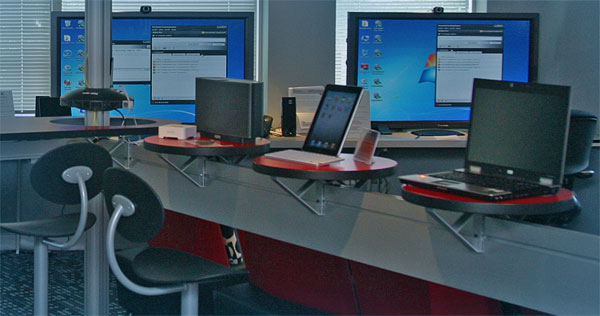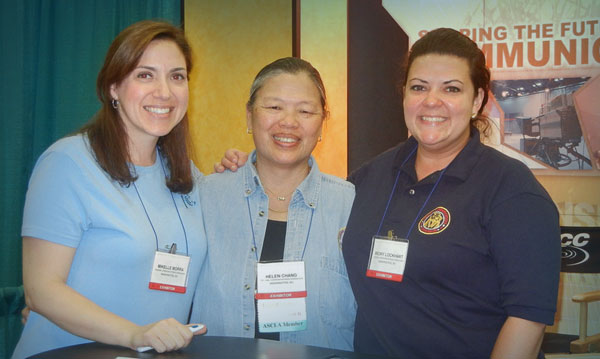 With over 1,400 tornadoes and widespread flooding, we have already seen too much loss of life from natural disasters this year. A bright spot in these terrible reports is when we hear a survivor say, “I got the warning, and I got to safety.” This is the crucial premise of all alerts and warnings. We may not be able to protect every single person from every disaster, but if we can get timely, accurate information about imminent danger to people in harm’s way, they can take action to save themselves and their loved ones. Alerts provide the information that turns precious seconds into survival.
With over 1,400 tornadoes and widespread flooding, we have already seen too much loss of life from natural disasters this year. A bright spot in these terrible reports is when we hear a survivor say, “I got the warning, and I got to safety.” This is the crucial premise of all alerts and warnings. We may not be able to protect every single person from every disaster, but if we can get timely, accurate information about imminent danger to people in harm’s way, they can take action to save themselves and their loved ones. Alerts provide the information that turns precious seconds into survival.
One of the FCC’s primary statutory obligations is to promote the safety of life and property through the use of wire and radio communications, and we are committed to this responsibility. We recognize this should be a team effort, and the FCC works closely with FEMA to bring the future of emergency alerting to consumers.
In 2008, the FCC adopted rules allowing wireless carriers to voluntarily transmit emergency text-like alerts to subscribers’ cell phones and other mobile devices. Since then, the FCC, FEMA, the wireless industry and state and local governments have worked to make a personal localized alerting network (or PLAN) a reality. Four carriers – AT&T, Sprint, T-Mobile and Verizon – have committed to making PLAN available in New York City by the end of the year, and these carriers and others will begin to deploy PLAN in other parts of the country by April 7, 2012, the deadline set by the FCC.
Read more »












